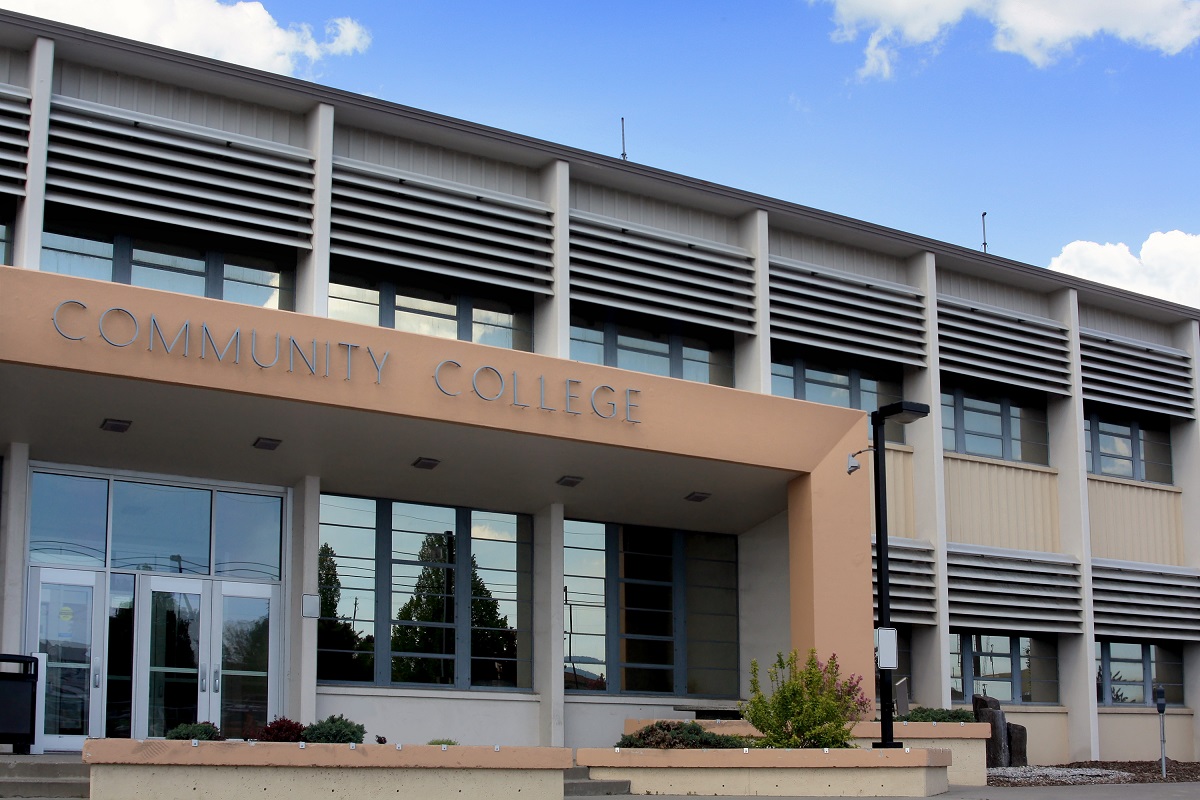Basic infrastructure to support K-5 social studies instruction — academic standards, accountability requirements, teacher evaluation, professional learning opportunities, guidance around materials and assessment programs — is inadequate in many states, according to new Rand Corporation research.
And even where state-level infrastructure to guide teachers’ instruction is in place, its comprehensiveness and quality vary greatly, according to the March 7 report.
Ideally, all elementary social studies policies and guidance would work together to support teachers’ instruction, according to researchers. However, the lack of infrastructure for social studies instruction is in sharp contrast to that provided for other core subject areas and has important consequences for how teachers approach this subject.
“Over the past few decades, school systems have invested less in students’ civic development and more in academic and career preparation as educational priorities,” said Melissa Kay Diliberti, assistant policy researcher at RAND and lead author of the report. “Our findings suggest that inadequate state and local infrastructure focused on social studies instruction may have affected what elementary teachers did in their classrooms in 2021–2022.”
Researchers conducted a review of state social studies policies and analyzed results from nationally representative surveys of elementary teachers and principals about instruction during the 2021–22 school year. Findings suggest improvements to social studies instruction and student learning require comprehensive supports at all levels in schools across the country.
Among the key findings:
- State-level infrastructure supporting elementary social studies instruction was largely missing in many states in the 2021–22 school year, and where it was in place, quality varied widely.
- At the local level, elementary principals reported less teacher evaluation and professional learning focused on social studies instruction than on English language arts, math and — to a lesser extent — science instruction.
- Only half of elementary principals said their schools had adopted published curriculum materials to support K–5 social studies instruction. Only 16 percent of elementary teachers surveyed reported using a required textbook for most of their social studies instructional time.
- Principals in elementary schools with a more comprehensive suite of supports for social studies, such as teacher evaluation, professional learning activities and guidance around materials, were more likely to report having shared social studies teaching practices.
Researchers concluded that policymakers should work to make social studies academic standards not only more rigorous but also more consistent with national frameworks. At the local level, the report recommends district leaders provide more supports for social studies instruction and learning. Meanwhile, states should incentivize schools to invest in social studies to the same extent as in other core subjects and hold schools accountable for improving student achievement in social studies.
California’s State Seal of Civic Engagement (SSCE) was adopted in 2020 and is awarded to students who demonstrate excellence in civics education and participation, and an understanding of the United States Constitution, the California Constitution and the democratic system of government. By adopting these criteria, California joined a small but growing number of states that formally recognize and promote student civic engagement with seals to affix to student transcripts, diplomas or certificates of completion.
Implementation guidance for each criterion offers ideas and considerations to structure local requirements to award the seal. Each LEA should develop criteria considering its own local context to ensure maximum accessibility for all students. Local governing boards are encouraged to approve or adopt their own policies regarding implementation of the SSCE criteria.





